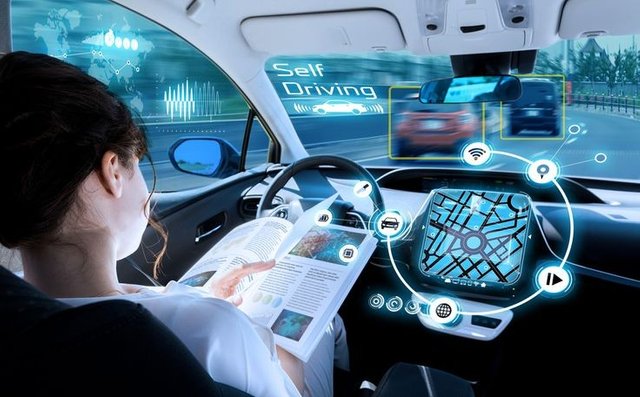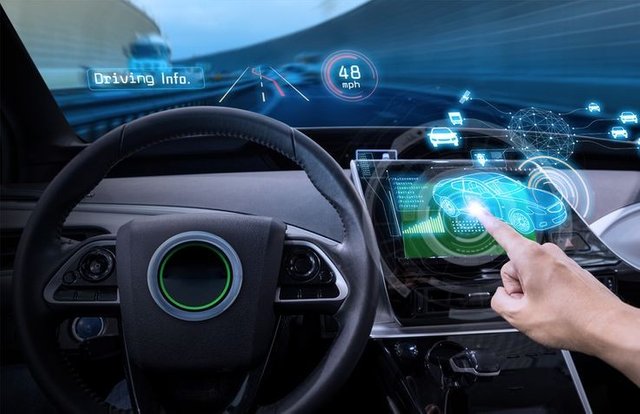Autonomous vehicles and transportation systems
Autonomous vehicles, also known as self-driving cars, are vehicles that are capable of operating without human intervention. These vehicles use advanced technologies such as sensors, cameras, and artificial intelligence (AI) to navigate roads, detect obstacles, and make decisions. The development of autonomous vehicles is transforming the transportation industry and has the potential to revolutionize the way we travel.

The concept of autonomous vehicles has been around for decades, but it wasn't until recent advances in technology that they have become a reality. Today, autonomous vehicles are being tested on roads and highways all over the world, and many major car manufacturers are investing heavily in this technology. The goal of autonomous vehicles is to make driving safer, more efficient, and more convenient.
One of the main benefits of autonomous vehicles is increased safety. With AI and advanced sensors, these vehicles are capable of detecting and avoiding obstacles, which can greatly reduce the number of accidents caused by human error. For example, a recent study by the National Highway Traffic Safety Administration found that 94% of all accidents are caused by human error, such as distracted driving, drunk driving, and fatigue. Autonomous vehicles have the potential to significantly reduce this number, saving lives and reducing the cost of accidents.

Another major benefit of autonomous vehicles is increased efficiency. With AI and advanced navigation systems, these vehicles can communicate with each other and with traffic management systems, allowing them to optimize their routes and reduce traffic congestion. This can save time and reduce fuel consumption, leading to a more sustainable transportation system.
Autonomous vehicles also have the potential to improve accessibility for people who are unable to drive, such as the elderly, disabled, and young people. With these vehicles, anyone can travel safely and independently, regardless of their age or ability. This could greatly improve the quality of life for many people and increase their mobility and independence.
However, the development of autonomous vehicles also raises a number of important questions and challenges. One of the main concerns is the issue of data privacy and security. Autonomous vehicles generate and collect a vast amount of data, including personal information, driving patterns, and location data. This data is highly valuable to hackers, who could use it for malicious purposes, such as identity theft or cyber attacks. To address this, it's important to implement strong data security measures and ensure that personal information is protected.
Another challenge is the issue of liability. If an autonomous vehicle is involved in an accident, who is responsible? Is it the manufacturer, the owner, or the software developers? These questions are yet to be fully answered, and will likely require the development of new laws and regulations to ensure that everyone is held accountable.